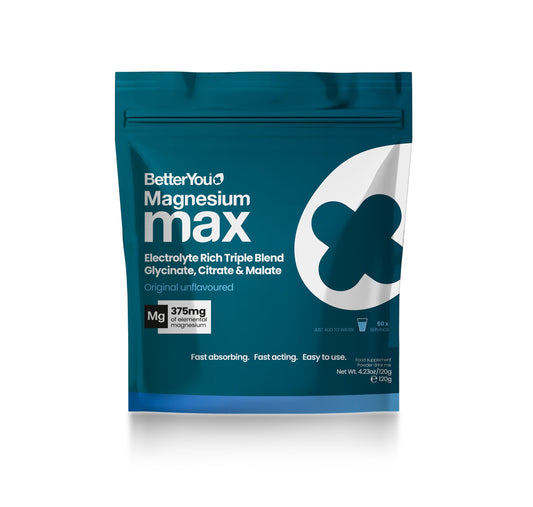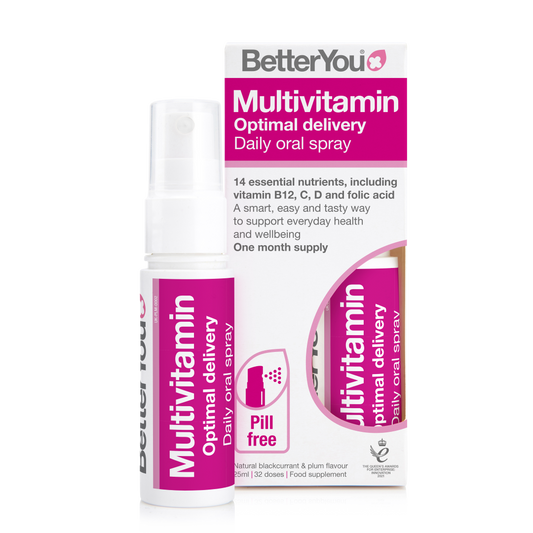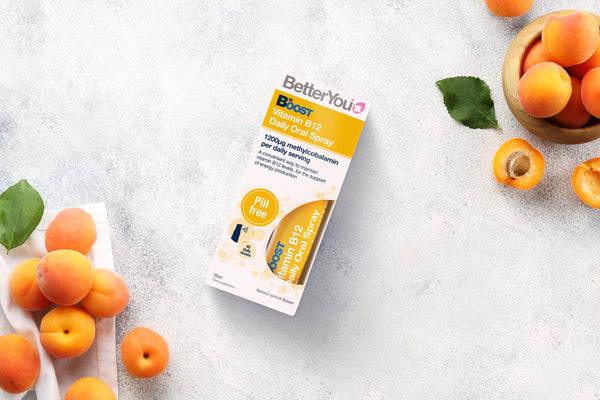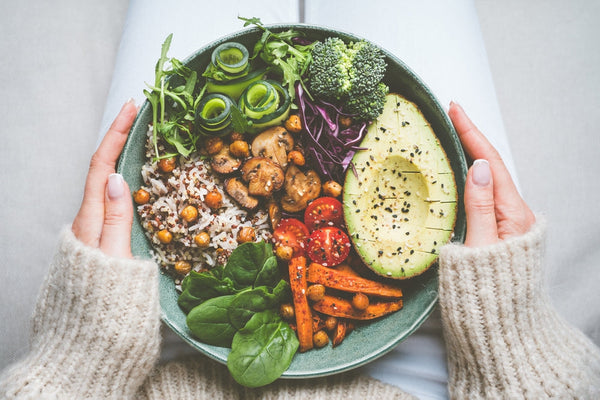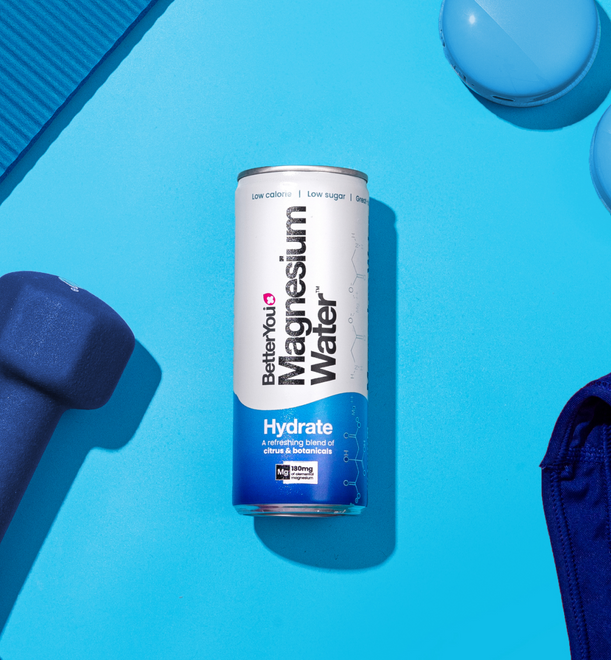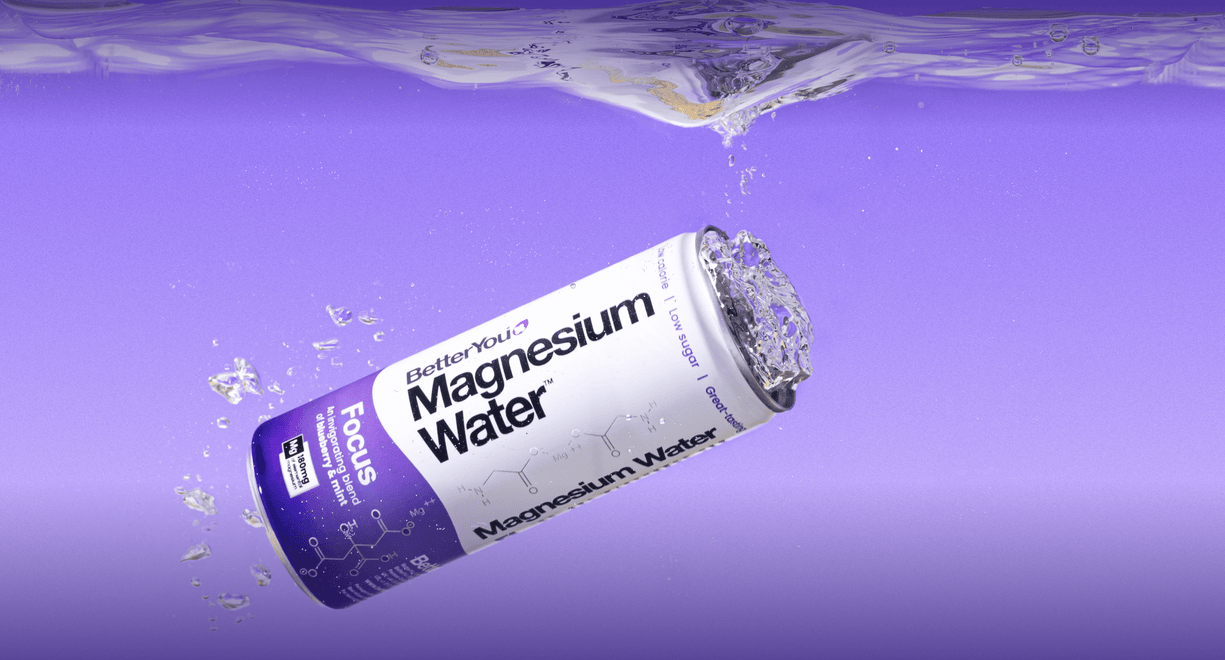It’s National Vegetarian Week which means it’s the ideal opportunity for me to discuss my lifestyle with you as well as letting you know the key nutrients vegetarians should be looking out for and giving my top tips for those thinking about changing to a vegetarian diet.
I have been a vegetarian all my life. Both of my parents are vegetarian so it’s always been a very natural way of eating for me.
It is a common misconception that all vegetarians are healthy but there are a lot of very unhealthy vegetarians out there too. There are so many unhealthy processed foods available which are extremely nutrient deficient so if you’re regularly eating those types of foods, whether you’re vegetarian or not, you’re likely to become deficient in critical vitamins and minerals.
Nutritional Deficiencies
Whether you eat meat or follow a vegetarian or vegan diet, if you’re eating a well-balanced variety of wholegrains, fruits, vegetables and fibre then there shouldn’t be any reason you’re deficient. It is when huge food groups are cut out that you’re at risk of becoming nutrient deficient.
As I have never eaten meat, my body is used to me eating the way that I do but I am very conscious of making sure that I’m eating a varied diet to stay healthy. I have had clients reduce their meat intake, with some even cutting it out completely and overall, they feel a lot better for it. The key thing is to make sure you’re getting a well-balanced diet. There is potential when taking out meat, fish, omega 3’s and oils that you can feel quite low in energy. That’s why you need to be mindful about what you’re eating as well as taking supplements to help keep everything in equilibrium.
Essential Nutrients
I don’t find that I lack more nutrients than people that eat meat. I have never had a deficiency but as I’m a personal trainer and very savvy with nutrition, I am aware of what I eat and regularly look at my levels of vitamin B12, iron, calcium and vitamin D.
Vitamin B12, Iron and Omega 3 are all important nutrients for vegetarians to look out for but you should be particularly thoughtful about your intake of B vitamins. Vitamin B12 is primarily found in meat products and the B12 that can be found in fruits and vegetables is often lost through the sanitisation of products for supermarket distribution. Therefore, vegetarians and vegans must find their vitamin B12 from other sources, I use a daily oral spray to supplement my vitamin B12, because with a spray I know the vitamins are being effectively absorbed into my system.
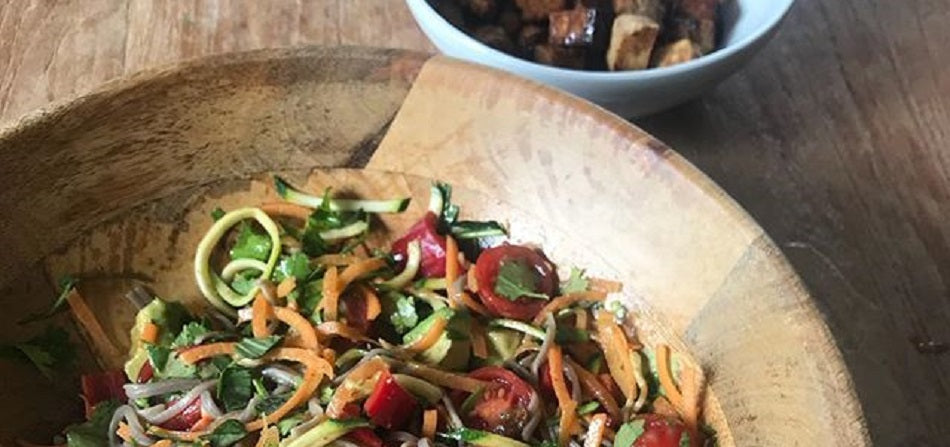
Supplementing your Diet
I personally supplement fish oil, omega 3, zinc, probiotics, vitamin D and vitamin B12, however food is key so I make nutrient rich foods a priority. Wholegrains, pulses, lentils and green leafy vegetables as well as spices such as garlic and ginger are a significant part of my diet. If you adapt your lifestyle and there’s a change in how you feel I would suggest visiting your GP to get tested, you can then supplement for your individual needs.
When it comes to choosing supplements, I do in-depth research into how well the products absorb into the body as well as on the supplement brand. The quality of the product is really important and that’s what drives my supplement choice. I don’t choose supplements because of price promotion - I will invest in high quality supplements regardless of the price.
Tips for Becoming Vegetarian
Rather than cutting out meat completely look at decreasing your intake and substituting it with something that will give you all the nutrients you would usually get. Think about adding beans and pulses to your food and keep fish in your diet initially to let your body adjust and digestive system change. You cannot remove meat from your diet and continue to eat as you would normally, because you’re likely to experience a loss of nutrients.
Make sure you’re varied with your food. Meat eaters always ask me what I eat and the answer is, what don’t I eat? There is an abundance of food out there so think about creating highly infused flavours, vegetarian food can be incredible, it’s not just about salads, rice and vegetables. When I have a dinner party nobody misses the fact they don’t have meat on the plate. I usually have five or six different dishes with lots of herbs and spices with an array of flavours, colours and textures so you don’t feel like you’re eating a mountain of lettuce.
Remember it’s not about taking meat away, it’s about what other foods are out there that you’ve never tried. Be adventurous and try new spices, flavours and colours.
